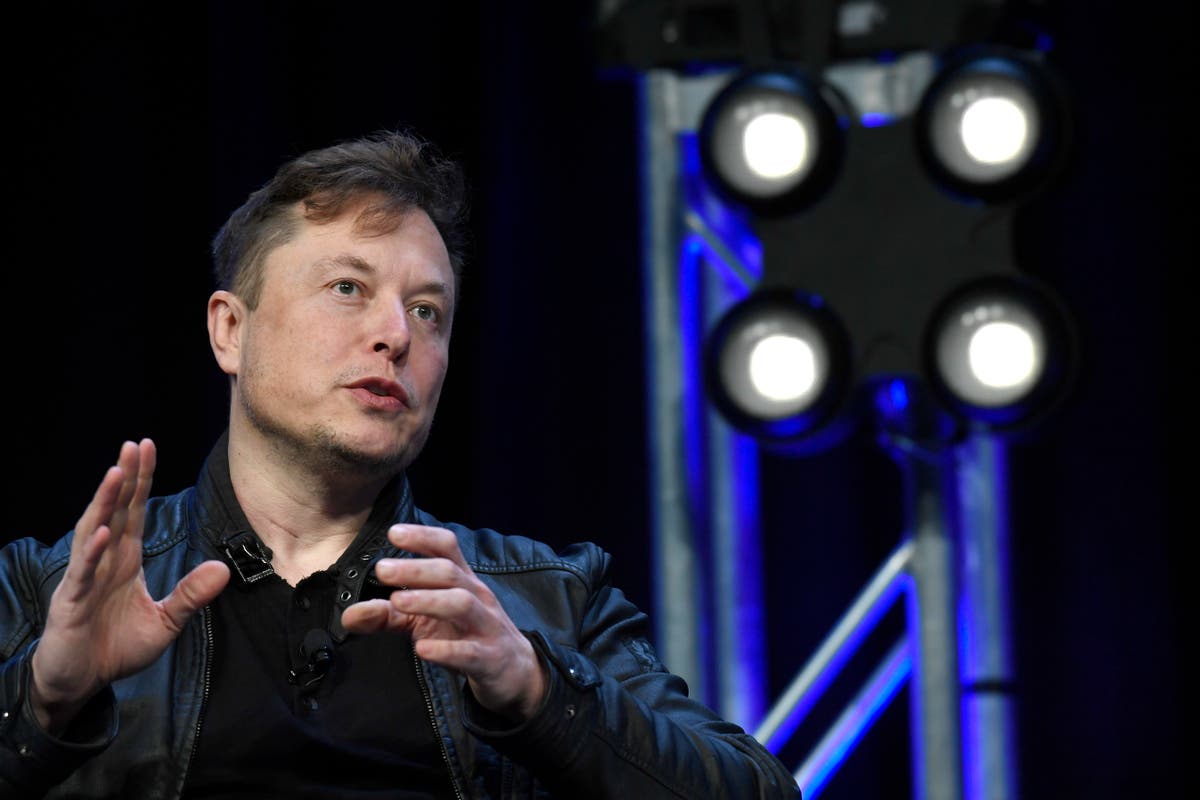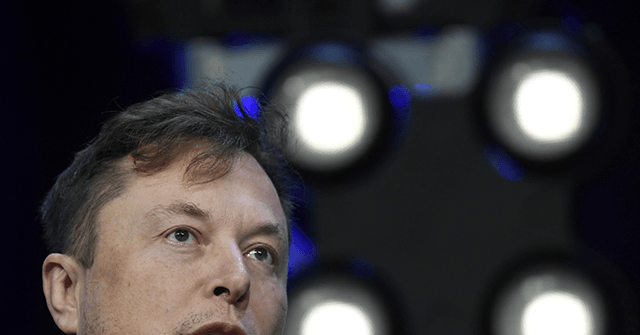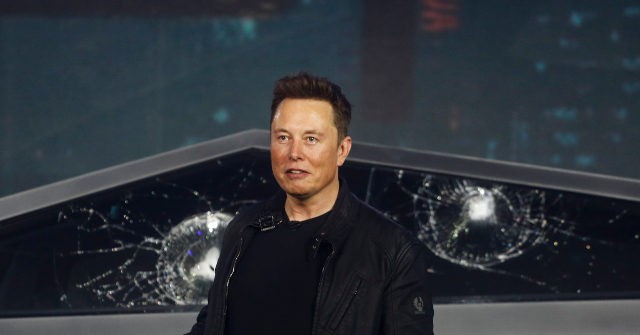The Spin
Narrative A
While promising in some industries, rapidly developing deepfake technology has become a well-known problem affecting the reliability of evidence and other information sources. Yes, Musk's lawyer's claims could be just legal shenanigans, but the billionaire himself has already been the victim of a deepfake in a scam that used his image to promote a fraudulent cryptocurrency.
Narrative B
There is no doubt that deepfake technology represents a rising fraud threat and will soon become a battleground in the civil discovery process. However, Tesla's legal team's claim that Musk is a target for deepfakes — which is aimed at avoiding his deposition in this lawsuit — is ludicrous. This claim can only increase the importance of his testimony under oath.
Narrative C
Tesla can't deny the reality that there have been dozens of accidents — many deadly — involving its auto-assist system. From the name of the technology to the company's manipulative marketing practices, it's no wonder that so many drivers overestimate it. Musk must accept some responsibility.
Metaculus Prediction
There's a 44% chance that a successful deepfake attempt causing real damage will make the front page of a major news source in 2023, according to the Metaculus prediction community.
%2Fcloudfront-us-east-2.images.arcpublishing.com%2Freuters%2FCLT3P5YWVRMZFJ6SO6FXOMAD6I.jpg&w=640&q=75)



